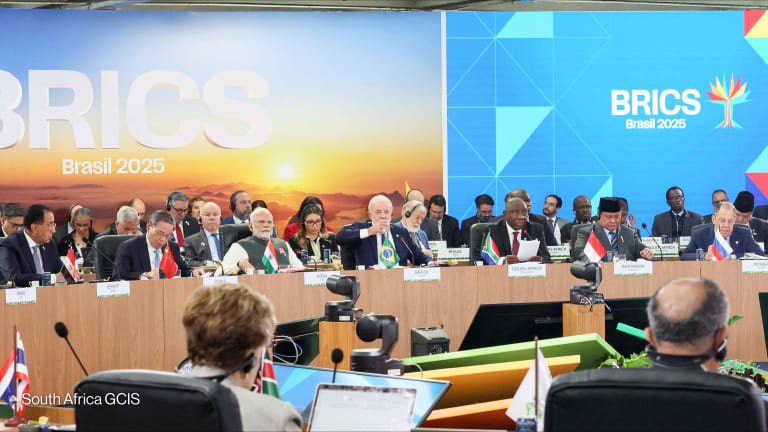The proverb, “Give a man a fish and feed him for a day; teach him to fish and feed him for life” is old, but the emphasis on helping countries to help themselves, and fund their own development, has increased lately. Although I am not sure whether there have ever really been hungry people sat helplessly by well-stocked fisheries, many countries do have untapped tax potential.
The motive behind promoting “self-reliance” may be the current financial crisis (fewer fish?) or the acceptance that poverty eradication and public services are the ultimate responsibility of the domestic state; if others really want to help in the spirit of solidarity, they must support state capacity rather than establish parallel systems.
While the tax revenue mobilized by fragile states, relative to the size of their economies, is low, less than 15 percent of GDP in some countries, it plays a vital role in restoring peace and building resilience. Without domestic revenue, governments cannot provide the basic services that contribute to restoring citizens’ trust in the state, and strengthen the chances for durable peace. The New Deal for Engagement in Fragile States recognizes the peacebuilding and statebuilding role of domestic resource mobilization. Tax revenues give states the discretion to allocate resources in line with their own priorities, which less often find a place on donors’ lists of projects.








